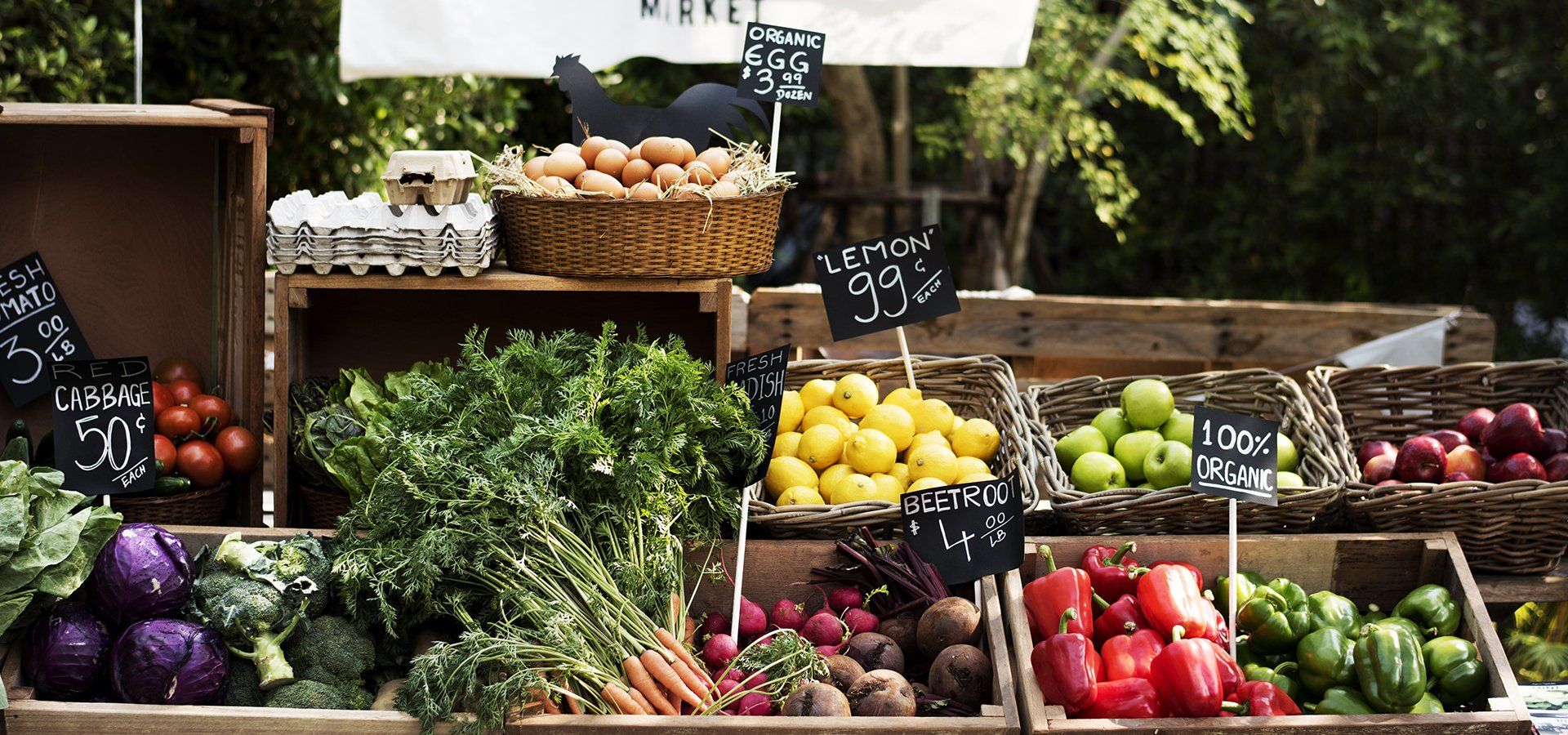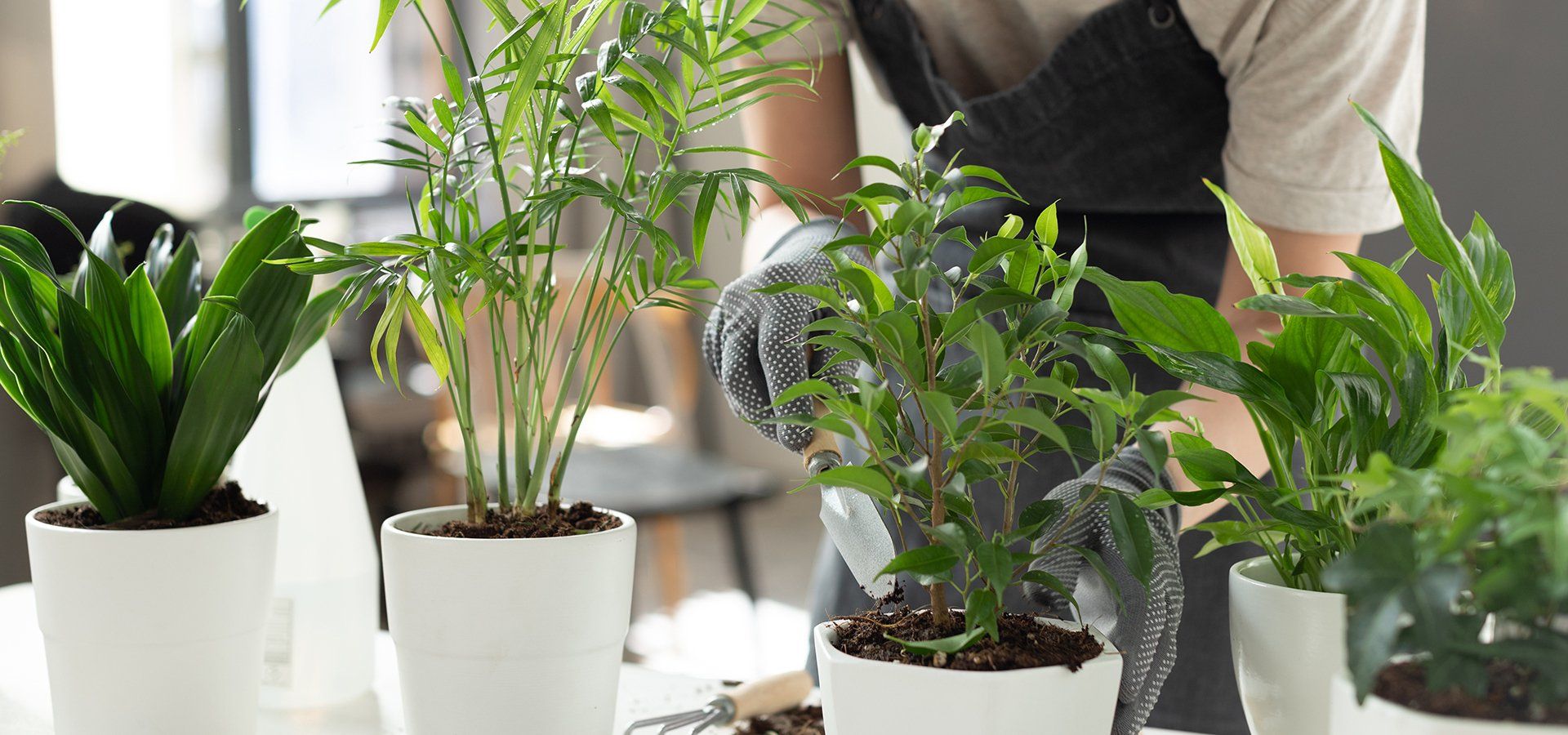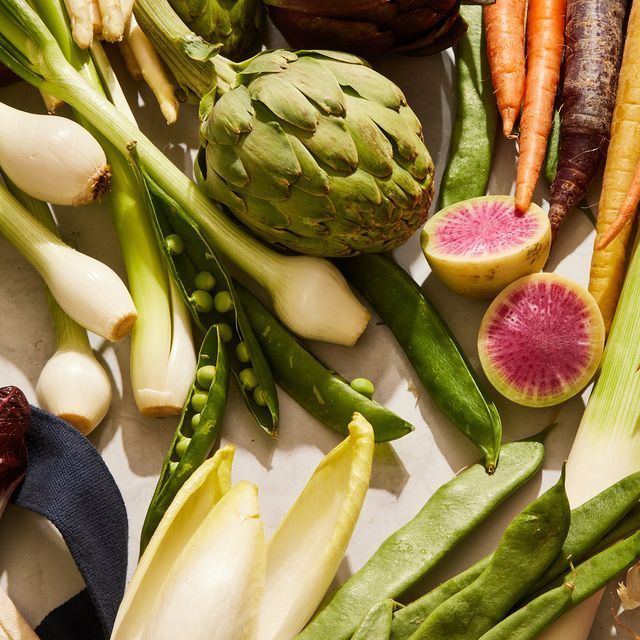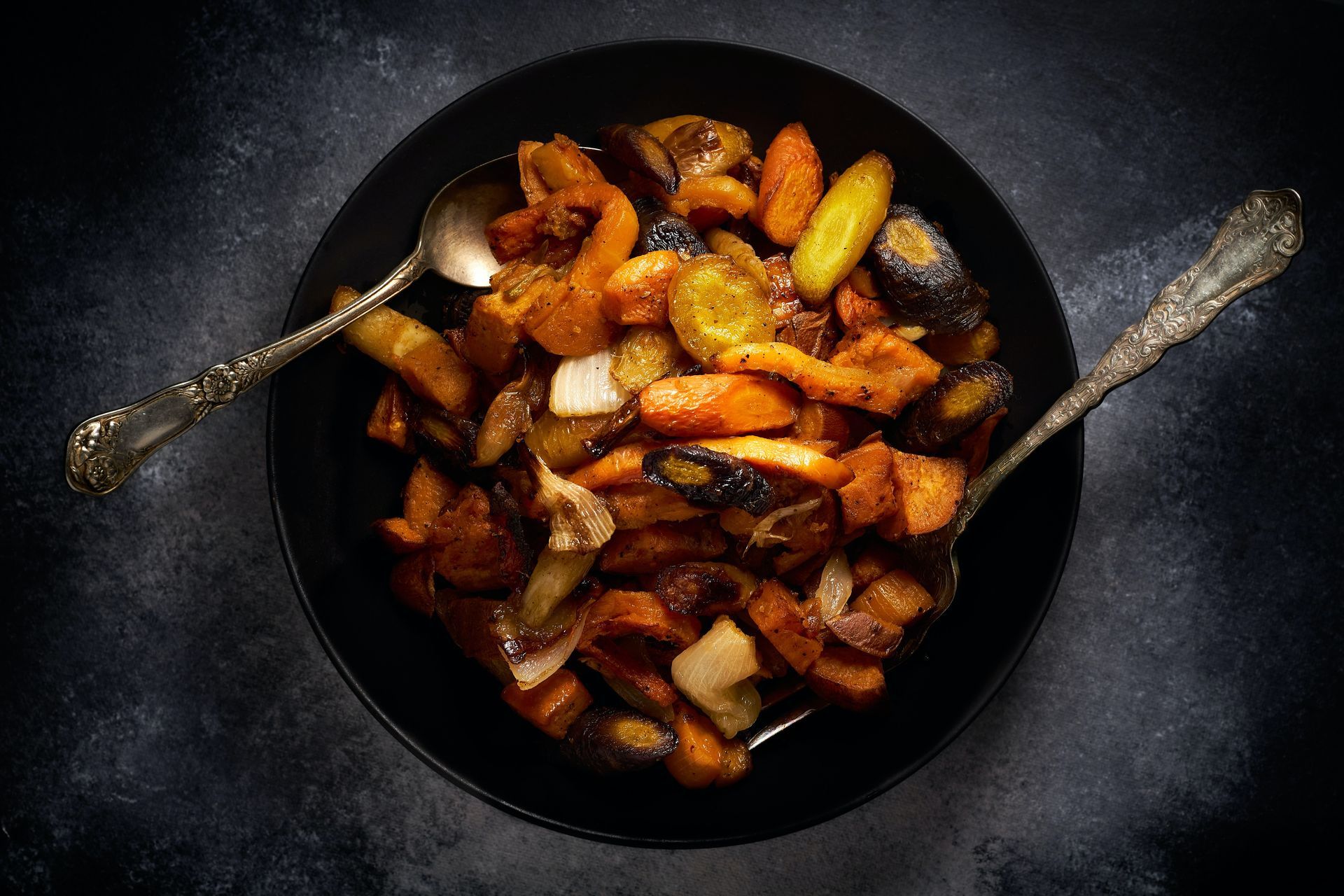The silent destroyer: How inflammation wreaks havoc on your health and what you can do about it
When you hear the word inflammation, what do you think of? Most people associate it with an injury they sustained or an infection they got, like an ingrown toenail or athlete’s foot. While inflammation associated with these types of health issues is unpleasant, it’s not necessarily unhealthy to experience them occasionally. Unfortunately, many people don’t realize that inflammation, when chronic, can have significant long term negative effects on their overall health and quality of life. There are environmental factors that play a role in chronic inflammation such as smoking cigarettes and being exposed to toxic chemicals at work. Some research suggests that eating a diet high in overall fat and saturated fat (1) processed meat (2), and sugar (3) will increase inflammation levels. These inflammatory compounds can lead to serious conditions such as cancer, diabetes, heart disease, arthritis, and more. (4)
So even though many symptoms of inflammation may seem subtle, they are actually really important to pay attention to. Here are some signs that you might have low-grade inflammation:
- you are often tired for what seems like no reason
- you notice swelling, even mild, in your body
- you notice that you experience low mood or mood swings
- you experience mental fog
- your joints are tender
- you experience digestive issues
The good news is that achieving low inflammation and living a pain-free, happy, and energized life is easier than we might think. A big part of the answer is in our refrigerators but also by moving our body, by becoming masters at coping with stress, and by drinking water.
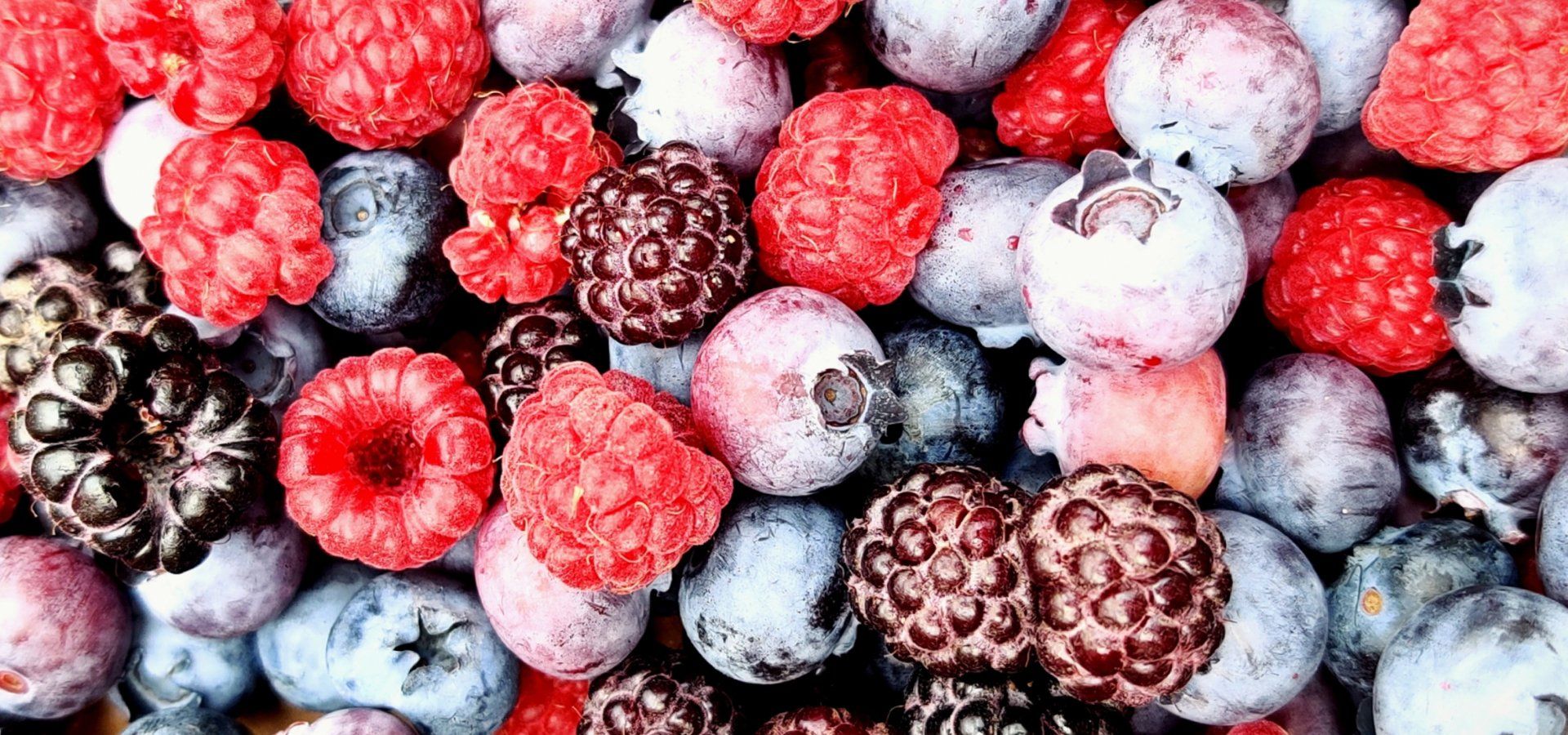
Foods that fight inflammation
The answer to keeping inflammation at bay is not found in a pill but is found in our refrigerator. Fiber, antioxidants, probiotics, and prebiotics are all great for fighting inflammation. Fruits, vegetables, nuts, beans, and whole grains are excellent sources of fiber. Antioxidants include vitamin C (citrus fruits), vitamin E (nuts), and polyphenols which are chemical compounds that give fruits and veggies their particular color. Here are some examples:
Carotenoids - tomatoes, watermelon
Anthocyanins - blueberries, purple cabbage, black grapes
Stylbens - red wine
Flavonoids - green tea, dark chocolate, onions
To learn more about
polyphenols and their sources read this article (5) but just know that the more you add to your diet, the better - hence why you heard before the phrase: "Eat the rainbow!"
Probiotics - good bacteria found in fermented foods like yogurt, kefir, kombucha - have been shown to reduce inflammation in animal studies by modifying gut flora populations; their effect on humans is still being studied.
Prebiotics are not digested but promote growth of beneficial bacteria (probiotics) such as lactobacillus, bifidobacteria and other good intestinal microorganisms. Sources of prebiotics include chicory root, Jerusalem artichoke, onions, garlic and leeks.
Other foods that may help fight inflammation include
omega-3 fatty acids from fatty fish like tuna, mackerel, salmon. Omega 3s are also found in plants like chia seeds, flax seeds, walnuts in the form of Alpha Linoleic Acid (ALA) but they are not converted as efficiently into Omega 3 in the body like the marine life counterpart. Therefore, if you are not a fish eater, a good Omega 3 supplement is a great idea. Adding to your dishes or beverages spices like cinnamon, turmeric and ginger can offer an anti-inflammatory boost.
Finally it is important to note that blood sugar spikes increase inflammation in the gut, creating a less optimal environment for
beneficial gut bacteria to thrive in. Manage blood sugar spikes by adding fats and proteins when you eat carbohydrate foods preferring whole grains over highly refined carbohydrate sources.

Foods to stay away from to avoid spikes in inflammation
Red meats and processed meats have high amounts of saturated fat which research has shown increases the risk of cardiovascular disease and cancer. Both diseases are related to chronic inflammation. These meats include foods like bacon, hotdogs, sausage, steak and pepperoni.
Consuming too much
sugar can trigger an over-production of pro-inflammatory markers that activate the immune system. The American Heart Association says that American adults eat an average of 77 grams of sugar each day. That is three times more than the recommended amount for women. Beverages are the top source, and they contain fructose, glucose or sucrose.
Refined grains have also been linked to promoting inflammation. A refined grain is a modified whole grain in which the germ and bran are removed, and these are the elements that contain the healthiest nutrients like minerals and vitamins. Refined grains turn into sugar in the body which leads to the production of higher inflammatory markets.
Other Lifestyle Changes That Fight Inflammation
Drink lots of water. Inflammation is closely linked with dehydration because the inflammatory response uses up valuable resources like water as it fights off infection or injury. General recommendations for fluids intake for healthy adults are calculated as half of one’s body weight in ounces as minimum.
Stress less. Chronic stress stimulates an inflammatory response that leads to disease development over time (e.g., heart disease).(6)
Get enough sleep. Sleep deprivation triggers the release of inflammatory chemicals, which not only cause physical problems but also increase risk for depression and obesity.
Exercise regularly.
Exercise has been shown to reduce inflammation and people who get regular physical activity have lower levels of inflammation
(7).
General recommendations for activity include:
• A goal of a minimum of 150 minutes (30 minutes 5 days per week) moderate intensity aerobic physical activity such as brisk walking or tennis or 75 minutes (1 hour and 15 minutes per week) of vigorous-intensity aerobic physical activity.
• Moderate or high-intensity muscle-strengthening activities (such as weight lifting or using resistance bands) on 2 or more days per week.
Maintain a healthy weight. Maintaining a healthy weight may help prevent inflammation. Obesity - especially in the abdominal area, is associated with chronic low-grade inflammation.
Even though chronic inflammation is widespread, it can be reversed through the above processes. Try incorporating one or all of the above into your lifestyle and see what works best for you.
Written by our RD, Silvia Reese.
- Monteiro R, Azevedo I. Chronic inflammation in obesity and the metabolic syndrome. Mediators Inflamm. 2010;2010:289645. doi: 10.1155/2010/289645. Epub 2010 Jul 14. PMID: 20706689; PMCID: PMC2913796.
- Turesky RJ. Mechanistic Evidence for Red Meat and Processed Meat Intake and Cancer Risk: A Follow-up on the International Agency for Research on Cancer Evaluation of 2015. Chimia (Aarau). 2018 Oct 31;72(10):718-724. doi: 10.2533/chimia.2018.718. PMID: 30376922; PMCID: PMC6294997.
- O'Connor L, Imamura F, Brage S, Griffin SJ, Wareham NJ, Forouhi NG. Intakes and sources of dietary sugars and their association with metabolic and inflammatory markers. Clin Nutr. 2018 Aug;37(4):1313-1322. doi: 10.1016/j.clnu.2017.05.030. Epub 2017 Jun 17. PMID: 28711418; PMCID: PMC5999353.
- Gupta SC, Kunnumakkara AB, Aggarwal S, Aggarwal BB. Inflammation, a Double-Edge Sword for Cancer and Other Age-Related Diseases. Front Immunol. 2018 Sep 27;9:2160. doi: 10.3389/fimmu.2018.02160. PMID: 30319623; PMCID: PMC6170639.
- Shakoor H, Feehan J, Apostolopoulos V, Platat C, Al Dhaheri AS, Ali HI, Ismail LC, Bosevski M, Stojanovska L. Immunomodulatory Effects of Dietary Polyphenols. Nutrients. 2021; 13(3):728. https://doi.org/10.3390/nu13030728
- Furman D, Campisi J, Verdin E, Carrera-Bastos P, Targ S, Franceschi C, Ferrucci L, Gilroy DW, Fasano A, Miller GW, Miller AH, Mantovani A, Weyand CM, Barzilai N, Goronzy JJ, Rando TA, Effros RB, Lucia A, Kleinstreuer N, Slavich GM. Chronic inflammation in the etiology of disease across the life span. Nat Med. 2019 Dec;25(12):1822-1832. doi: 10.1038/s41591-019-0675-0. Epub 2019 Dec 5. PMID: 31806905; PMCID: PMC7147972.
- Navarro SL, Kantor ED, Song X, Milne GL, Lampe JW, Kratz M, White E. Factors Associated with Multiple Biomarkers of Systemic Inflammation. Cancer Epidemiol Biomarkers Prev. 2016 Mar;25(3):521-31. doi: 10.1158/1055-9965.EPI-15-0956. Epub 2016 Jan 11. PMID: 26908433; PMCID: PMC4779684
